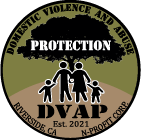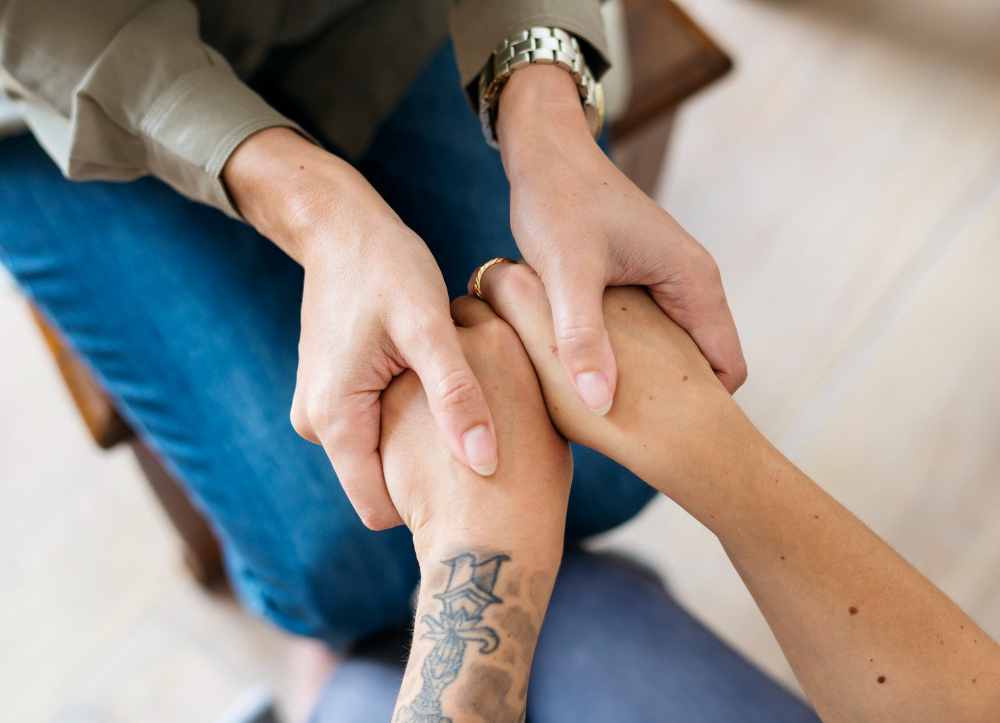The path to healing after abuse is often portrayed as linear, straightforward, and predictable. But for survivors, the reality is far more complex and deeply personal. If you’ve experienced abuse, you’ve likely felt lost in the process, as though no one truly prepared you for what lies ahead. This blog aims to uncover those unspoken truths about healing, demystify the process, and empower you to take meaningful steps forward.
Whether you’re just starting your healing journey or are somewhere in the middle, this guide provides clarity, compassion, and validation.
Healing Isn’t Linear
One of the biggest misconceptions about healing is that it’s a straight road to freedom and peace. It’s not. Healing from abuse often involves looping back to feelings and experiences you thought you’d overcome. Some days, you may feel strong and resilient; others, you might feel triggered and fragile. This is entirely normal.
Abuse leaves deep scars, and these take time to surface and process. Be kind to yourself when you feel as though you’ve “regressed.” True healing often looks more like a spiral than a straight line, continuously revisiting pain but with new tools and perspectives each time.
What You Can Do:
- Journal Your Journey: Writing about your thoughts and feelings can help you identify patterns over time and celebrate progress, no matter how small.
- Stay Present: When guilt or anger about the past resurfaces, anchor yourself in what feels real and safe today. Grounding techniques, like deep breathing or focusing on physical sensations, can help.
Your Pain Won’t Disappear Overnight (and That’s Okay)
Healing doesn’t mean forgetting what happened or erasing the pain entirely. Instead, it’s about learning how to live alongside your story in a way that feels manageable and enriching. Give yourself permission to grieve—not just for what happened, but also for the time, trust, and opportunities lost.
Healing doesn’t require perfection. You can still work through pain and discomfort while building a meaningful life.
What You Can Do:
- Seek Professional Help: Working with a trauma-informed therapist can provide a safe space for processing your emotions at your own pace.
- Practice Self-Compassion: When negative self-talk creeps in, gently remind yourself that you’re doing the best you can with the tools you have right now.
Triggers Are a Part of the Process
No one tells you that after you leave an abusive situation, the abuse doesn’t just end. It often lingers in triggers that pop up unexpectedly, in places, people, or even smells that pull you back to traumatic memories. These triggers can leave you feeling as though you’re “reliving” your story.
But here’s the truth you need to hear: Healing isn’t about avoiding triggers; it’s about learning how to respond to them in ways that allow you to reclaim your power.
What You Can Do:
- Identify Triggers: Recognize common things that escalate your emotional distress, whether it’s certain conversations, environments, or physical sensations.
- Build Coping Strategies: When triggered, practice techniques like grounding, mindfulness, calling a trusted friend, or whatever brings you back to the present moment.
Relationships May Feel Complicated
After experiencing abuse, trust can feel like a fragile concept. It’s not uncommon for survivors to question their judgment, struggle with boundaries, or fear intimacy. Know that it’s okay to rebuild trust on your terms and at your own pace.
Healthy relationships look different from unhealthy ones, and it might take time to recognize the difference.
What You Can Do:
- Practice Boundaries: Start small by saying “no” to things you’re uncomfortable with. Over time, you’ll rebuild confidence in expressing your needs.
- Surround Yourself with Supportive People: Joining a survivors’ group or engaging with empathetic loved ones can help restore a sense of connection while respecting your healing process.
Self-Care Is Not a Luxury
For abuse survivors, self-care can feel difficult or even indulgent, especially if you’ve been conditioned to prioritize others’ needs. But self-care is not a luxury; it’s a necessity for your emotional and physical well-being. It can be as simple as hydrating, nourishing your body, or scheduling downtime.
Self-care reaffirms that you are worthy of love and compassion—not only from others but also from yourself.
What You Can Do:
- Schedule “You Time”: Pick even 10–15 minutes a day to focus on something that brings you peace, whether it’s reading, meditating, or taking a walk.
- Celebrate Small Wins: Whether it’s getting out of bed, making a meal, or practicing self-soothing techniques, acknowledge and celebrate your daily successes.
You Deserve to Thrive
Above all, remember that healing isn’t about merely surviving; it’s about finding ways to thrive and rebuild a life of meaning and joy. You deserve to feel safe, supported, and empowered to pursue the things that light you up. While it may feel impossible on difficult days, know that healing is always within reach.
Final Things You Can Do:
- Reach Out for Support: Engage with online communities, such as forums or social media groups, where survivors come together to support one another.
- Explore New Hobbies: Rediscover old passions or explore new ones to restore a sense of individuality and joy.
Rediscover Your Strength
Healing after abuse is one of the hardest journeys you’ll walk, but it’s also one of the most rewarding. Your story doesn’t have to end where the pain began. Every small decision to honor yourself—to set a boundary, take a deep breath, or seek help—is an act of reclaiming your life.
If you’re ready to take a meaningful step forward on your healing path, know that you’re not alone. Resources, communities, and professionals are here to support you every step of the way.
Disclaimer: This blog post provides general information about domestic abuse. It does not provide legal advice. Victims should consult with a legal professional for advice related to their specific situation.
Are You Experiencing Domestic Violence or Abuse? DVAP Is Here To Help
Domestic Violence and Abuse Protection, Inc. is a non-profit organization committed to protecting the victims of domestic abuse. When restraining orders are not enough, we are there to provide the determined protection you deserve. We are located at 3900 Orange St. Riverside, CA. Call us at (951)-275 8301 (24 hours). Alternatively, you can email us at admin@dvapriverside.org






